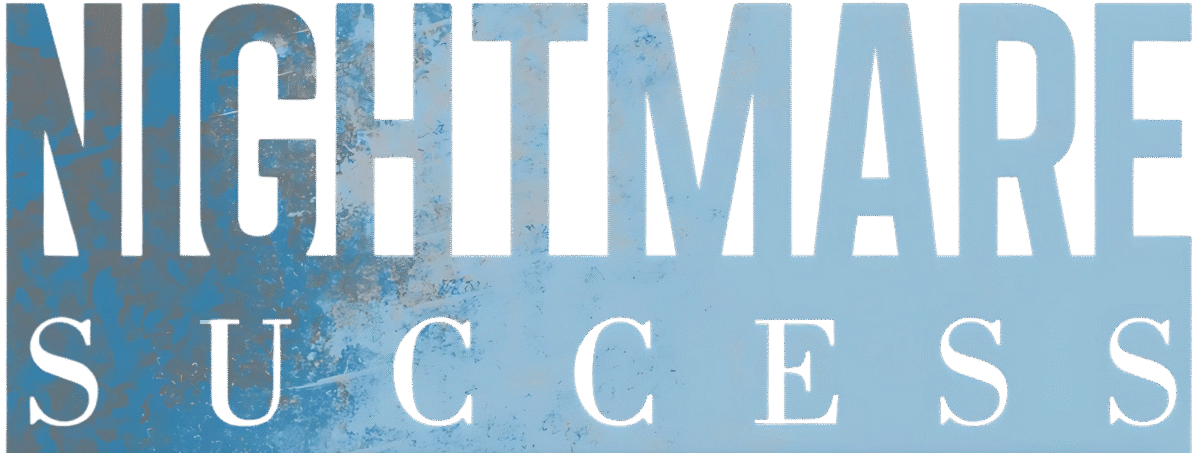I still remember the first time I met Joey Ramos, or as he likes to be called, Romo. It was my first day in a Texas state prison, a place where the atmosphere felt thick with tension and uncertainty. I was still trying to find my footing when I saw Romo, a man who carried himself with a confidence that was both intimidating and comforting. He approached me with a knowing smile, as if he understood the storm I was navigating. “You’ll be alright,” he said, the warmth in his voice cutting through the coldness of the environment.
That brief moment marked the beginning of a friendship that would help shape not just my experience, but also his journey of self discovery. Born and raised in Bay City, Michigan, Romo’s early life was anything but smooth. As a kid, he was always getting into trouble, described as a rascal with a penchant for boxing. It was this sport that provided him an escape, a way to channel his energy and aggression into something constructive.
For Romo, boxing wasn’t just a pastime; it was a lifeline that kept him out of trouble during his teenage years. But as we often learn, life can take unexpected turns, and Romo’s path soon led him into deeper waters. The turning point came when he found himself embroiled in an EPA violation regarding improper asbestos removal. This incident not only led to a probation sentence but ultimately landed him in federal prison for five years after he violated that probation.
Picture this: a young man, once filled with promise, now navigating the harsh realities of incarceration. Romo would later reflect on this time as a crucial period in his life, one that would test his resolve and reshape his identity. Prison was not just a place of confinement; it was a crucible where Romo faced violence, including a harrowing incident where he was stabbed with a toothbrush. The brutality of his surroundings could have easily crushed his spirit, but instead, it became the backdrop for his transformation.
He learned to carry himself with respect, embracing his identity as a homeboy. This experience taught him that belonging to a community, even in the harshest of environments, could provide the support needed to navigate the challenges that lay ahead. While in prison, Romo also faced the demons of addiction. His struggles with alcoholism were intertwined with his legal troubles, creating a cycle that seemed inescapable.
He often reflected on the burden he placed on his wife and family through his actions, acknowledging the pain his choices caused. Yet, within the confines of those prison walls, Romo discovered a path to redemption. He began to redefine what it meant to be a man of respect, not just among inmates, but within himself. As he navigated the complexities of prison life, Romo’s journey was marked by key moments that shaped his character.
I remember vividly how he took the time to help me adjust to the environment, offering guidance and support when I needed it most. It was in those small acts of kindness that I saw the essence of who he was a man who understood the importance of lifting others up, even in the darkest of places. Through these experiences, Romo realized that boxing was not just a sport but a metaphor for his life. It had kept him grounded during his youth, steering him away from a path of destruction.
This insight became a cornerstone of his narrative as he emerged from prison. Romo recognized that the lessons learned in the ring extended far beyond physicality; they were about resilience, discipline, and the power of community. Today, Romo has moved past his prison experience, channeling his story into a source of inspiration for others. He speaks openly about his past, emphasizing the significance of hope and the importance of finding purpose in life, no matter how daunting the circumstances may seem.
Romo’s journey is a reminder that our past does not define us; rather, it is how we choose to rise from it that truly matters. As I reflect on our conversation, I’m struck by the profound insights Romo shared. He embodies the idea that even in our darkest moments, there is a path toward light. His story is not just about the hardships he faced but about the human capacity to grow and change.
Romo’s journey illustrates that embracing our identity and the strength of community can pave the way for healing and renewal. It’s a message we can all carry forward, reminding us that transformation is possible, no matter where we start from.

